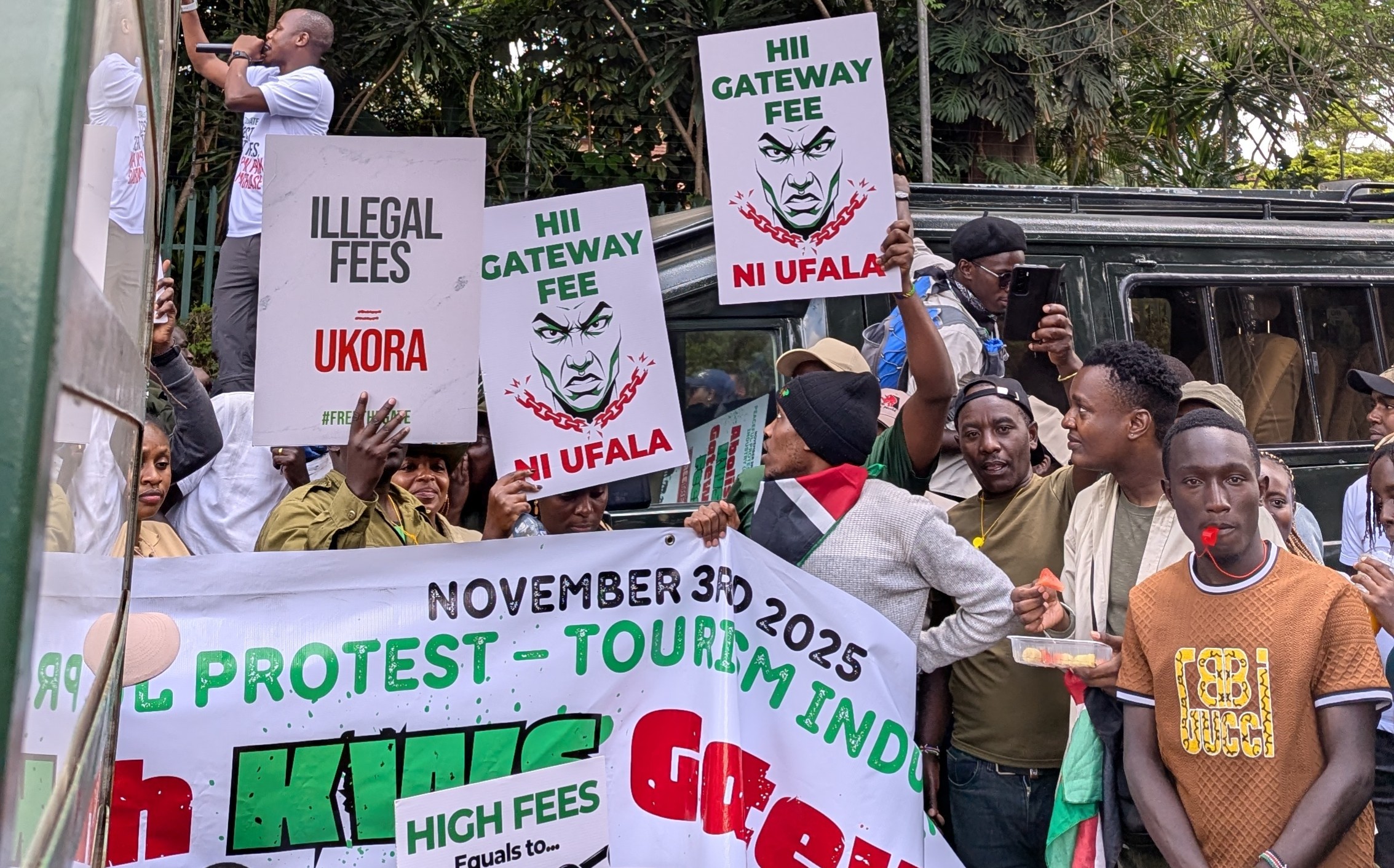By Eddah Waithaka
The government today disbursed over KSh 60 million in compensation to communities affected by human-wildlife conflicts between 2014 and 2020, marking a critical step in restoring justice for hundreds of families.

Cabinet Secretary for Tourism and Wildlife Hon. Rebecca Miano led the payout ceremony in Marafa, Magarini Constituency, flanked by KWS Board Chairman Lt. Gen. (Rtd) Walter Raria Koipaton and KWS Director General Prof. Erustus Kanga.
Kilifi Deputy Governor Hon. Florah Mbetsa, Woman Representative Hon. Gertrude Mbeyu, and local MPs joined the event, underscoring its significance.
“This is not a favor, it’s a constitutional right,” declared CS Miano, referencing the Wildlife Conservation and Management Act (2013).
She revealed that Kilifi has recorded 1,300+ human-wildlife conflict cases since 2021, with elephants causing 86% of incidents mostly crop destruction and threats to lives.
Nationwide, the government has paid out KSh 2.8 billion in compensation, with another KSh 1.36 billion being processed.
To curb future human-wildlife conflicts, the government has implemented a six-pillar protection plan that includes securing wildlife corridors with fencing, deploying early warning systems, boosting ranger presence, and establishing a dedicated Problem Animal Management Unit (PAMU) in Kilifi, with KWS Director General Prof. Kanga acknowledging the severe impact on Ganze, Magarini and Vitengeni residents while pledging faster response times to protect both communities and wildlife.
Meanwhile, Lt. Gen. (Rtd) Koipaton emphasized KWS’s shift toward community-driven conservation, ensuring transparency and innovation in conflict mitigation.
Kilifi County bears the brunt of human-wildlife conflict as elephants from Tsavo East National Park driven by drought raid up to 50 acres of crops weekly, while hippos (73 cases) and lions (49 cases) compound losses, with hippos linked to 9 human deaths, all exacerbated by vulnerable migration routes like Galana Ranch and Arabuko Sokoke Forest, though Kenyan law provides compensation ranging from KSh 5 million for fatalities to market-value payments for crop and livestock losses.
Today’s disbursement signals progress, but with rising clashes, locals demand sustained action to secure lives and livelihoods.
Read More Stories At: https://africawatchnews.co.ke/







